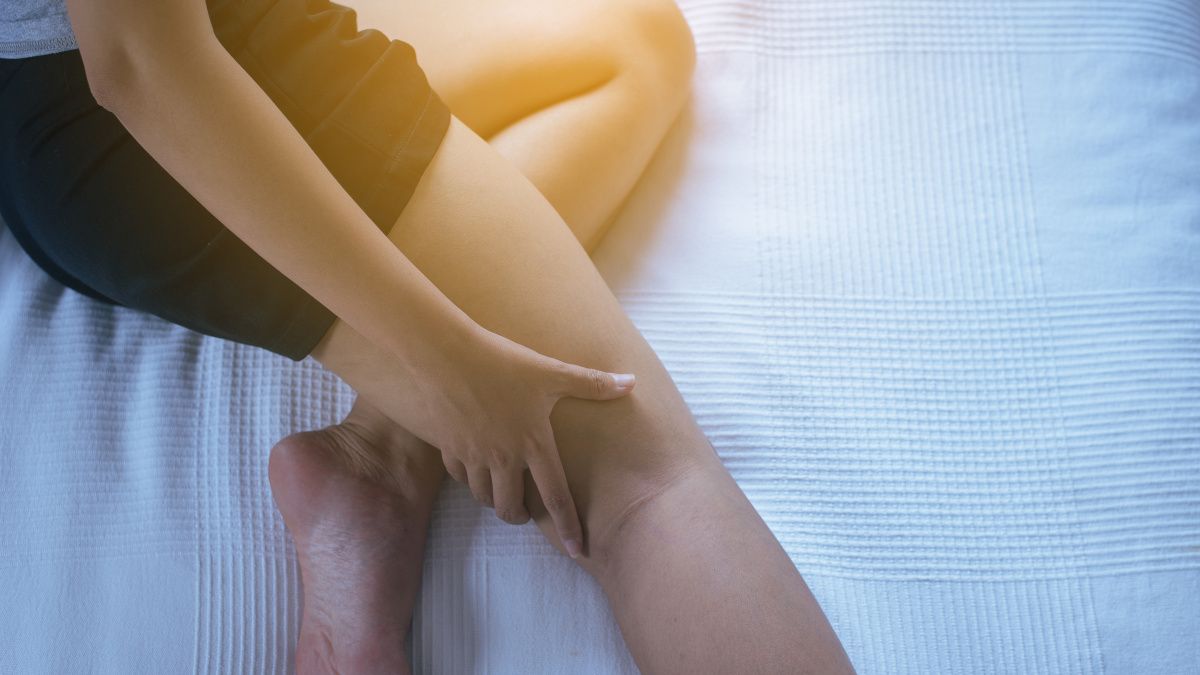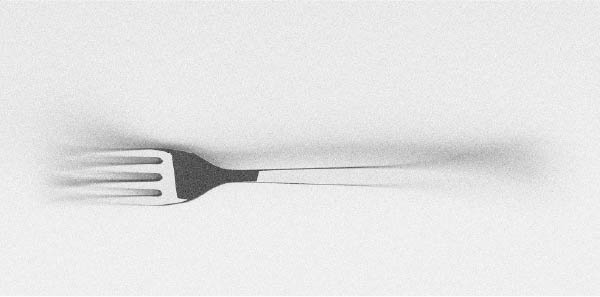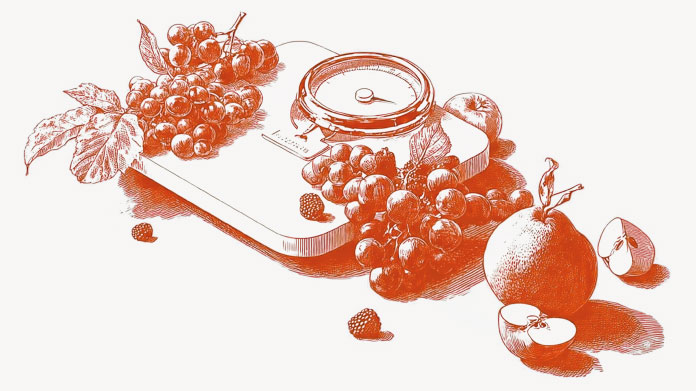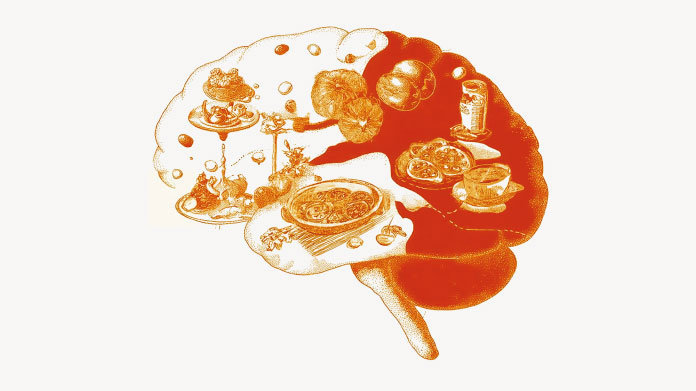Water retention: 5 home remedies worth knowing about
Are you suffering with swollen ankles or feet? If so, you’ll be pleased to know there are natural ways of reducing and combatting water retention. Here are our five ‘must-try’ tips.

Quick reminder: what exactly is water retention?
Water represents some 60-70% of bodyweight, and is distributed as follows:
- 40% within cells (intracellular fluid) ;
- 20% outside cells (extracellular fluid), divided into:
- 15% in between cells (interstitial fluid) ; and
- 5% in blood vessels (plasma).
The body’s fluid balance is maintained through continuous movement determined by a complex interplay between osmotic and hydrostatic pressure. Even so, it usually follows the same journey. From the bloodstream, it first crosses capillary membranes to ‘feed’ interstitial fluid and cells. Any excess is then reabsorbed by capillaries and lymphatic channels.
Unfortunately, however, things don’t always go according to plan in which case fluid may accumulate in the extracellular milieu. When it fails to be eliminated via venous and lymphatic networks and remains trapped in tissues, this is referred to as water retention.
This usually manifests in swelling (or edema) most commonly of the ankles and feet due to gravity. Occasionally, it can affect the stomach or face. There can be rapid weight gain – up to 3kg in 24 hours – without any significant change in diet.
How can you tell whether swelling is due to water retention? A persistent white mark when the swollen area is pressed firmly is a good indication.
There are a number of predisposing factors, often combined:
- heat ;
- hormone fluctuations (1) ;
- a high-salt, low-protein diet;
- prolonged standing or sitting;
- circulation problems ;
- some cardiac or kidney disorders (2) ;
- certain drugs (corticosteroids, antihypertensives, neuroleptics…)
So how do you get rid of this excess fluid? Let’s take a look at the best natural ways of making water retention a thing of the past.
Exercise regularly to stimulate your vein network
To bid farewell to water retention, it’s important to revitalise your venous and lymphatic circulation as they play a key role in maintaining fluid balance. It’s the perfect motivation for getting back into sport!
However, as is the case with ‘heavy leg syndrome’, it’s best to avoid high-impact sports as they weaken venous valves. A better option is water-based exercise (swimming, aqua cycling, aqua gym…) which combines strength-training of the legs, a swirling, massaging action, and the vasoconstricting effects of cold water.
If you’re not a natural water-baby, no problem: speed-walking, cycling or Pilates will also do the job.
Eat less salt to prevent water retention
If you routinely add salt to your food, this seemingly insignificant habit could well be causing you to suffer persistent swelling. .
The body’s water flow relies on the right balance between sodium and potassium: while sodium draws fluid out of cells, potassium retains it. So eating too much salt leads to fluid being driven out of the intracellular milieu… to take up residence in tissues (3).
As a guide, the World Health Organization recommends we should not consume more than 5g of salt a day. So to ensure your cooking remains full of flavor, replace the salt with herbs and spices!
Take advantage of diuretic plants
What if Nature could provide some help with this problem? If you suffer from water retention, you might find ‘diuretic’ plants beneficial: they help the body get rid of excess water via urine and tissue drainage.
Barbary fig (Opuntia ficus), also known as ‘prickly pear’, is used in cooking for its sweet, soft flesh. Phytotherapists like it for its exceptional content of indicaxanthin, a pigment from the betalain family. Interestingly, it also supports weight control, as while water retention can lead to excess pounds, so being overweight can hinder the movement of fluid because of defective circulation … (4-6).
Other plants often mentioned in the context of reducing water retention include dandelion, meadowsweet and caraway (7-9).
You’ll find all these natural little wonders combined in dietary supplements (such as Water Retention Formula, a formulation with a high content of Barbary fig, and enriched with troxerutin for even greater efficacy).
Consider lymphatic drainage
Lymphatic drainage, carried out by a physiotherapist, encourages edema resorption by regulating lymph circulation (10). While the nature and number of sessions vary, lymphatic drainage usually consists of manually massaging the swollen areas, using varying degrees of pressure depending on the site.
Be aware, however, that this therapeutic approach is not recommended for phlebitis, cardiac edema, hyperthyroidism, asthma and hypertension.
Water retention: take good care of your legs to alleviate swelling
If it’s your lower limbs that are primarily affected by water retention, adopt these measures to ease swollen legs:
- don’t wear tight clothing or high heels;
- try not to cross your legs;
- avoid all sources of intense heat as they over-dilate the blood vessels: saunas, hot wax hair removal, hot baths … ;
- elevate the end of your bed to encourage venous return when lying down;
- don’t remain stationary for too long: get up and move around as often as possible.
References
- Stachenfeld NS. Hormonal changes during menopause and the impact on fluid regulation. Reprod Sci. 2014;21(5):555-561. doi:10.1177/1933719113518992
- Martin PY, Schrier RW. Sodium and water retention in heart failure: pathogenesis and treatment. Kidney Int Suppl. 1997 Jun;59:S57-61. PMID: 9185106.
- Rakova N, Kitada K, Lerchl K, et al. Increased salt consumption induces body water conservation and decreases fluid intake. J Clin Invest. 2017;127(5):1932-1943. doi:10.1172/JCI88530
- Galati EM, Tripodo MM, Trovato A, Miceli N, Monforte MT. Biological effect of Opuntia ficus indica (L.) Mill. (Cactaceae) waste matter. Note I: diuretic activity. J Ethnopharmacol. 2002 Jan;79(1):17-21. doi: 10.1016/s0378-8741(01)00337-3. PMID: 11744290.
- Uebelhack R, Busch R, Alt F, Beah ZM, Chong PW. Effects of cactus fiber on the excretion of dietary fat in healthy subjects: a double blind, randomized, placebo-controlled, crossover clinical investigation [published correction appears in Curr Ther Res Clin Exp. 2014 Sep;76:63]. Curr Ther Res Clin Exp. 2014;76:39-44. Published 2014 Jun 21. doi:10.1016/j.curtheres.2014.02.001
- Clare BA, Conroy RS, Spelman K. The diuretic effect in human subjects of an extract of Taraxacum officinale folium over a single day. J Altern Complement Med. 2009;15(8):929-934. doi:10.1089/acm.2008.0152
- Lahlou S, Tahraoui A, Israili Z, Lyoussi B. Diuretic activity of the aqueous extracts of Carum carvi and Tanacetum vulgare in normal rats. J Ethnopharmacol. 2007 Apr 4;110(3):458-63. doi: 10.1016/j.jep.2006.10.005. Epub 2006 Oct 19. PMID: 17113735.
- Bijttebier S, Van der Auwera A, Voorspoels S, Noten B, Hermans N, Pieters L, Apers S. A First Step in the Quest for the Active Constituents in Filipendula ulmaria (Meadowsweet): Comprehensive Phytochemical Identification by Liquid Chromatography Coupled to Quadrupole-Orbitrap Mass Spectrometry. Planta Med. 2016 Apr;82(6):559-72. doi: 10.1055/s-0042-101943. Epub 2016 Feb 4. PMID: 26845709.
- Thompson B, Gaitatzis K, Janse de Jonge X, Blackwell R, Koelmeyer LA. Manual lymphatic drainage treatment for lymphedema: a systematic review of the literature. J Cancer Surviv. 2021 Apr;15(2):244-258. doi: 10.1007/s11764-020-00928-1. Epub 2020 Aug 15. PMID: 32803533.
Keywords
15 Hours
great products and prices
great products and prices
Marie
6 Days
Easy to navigate site
Easy to navigate site, had what I was searching for, good price. easy order-check out
James Tucker
12 Days
My skin is clearing up nicely!
Pretty good for my skin so far.
Christian
14 Days
The new packaging is excellent
The new packaging is excellent - finally! No more squashed boxes and torn envelopes.
GORAN
15 Days
Great Product
Great Product
Larry Garrett
19 Days
Quick shipping
Quick shipping; good price. No issues!
Mary McCarty
21 Days
Thr product is very good and is helping…
Thr product is very good and is helping me on my health. Then is always on time
LUGO Luz
23 Days
Buying was fine
Buying was fine. I had problems with the website not recognizing my login info, and had to call to get it fixed. Other than that, everything was good.
David S. Clark
24 Days
Your super maca and super ginseng are…phenomenal
Your super maca and super ginseng are phenomenal supplements that compliment each other when taking them together. Fantastic feeling of well-being and lots of mid day energy without the crash.
Keith Mason
26 Days
I have had amazing results with every…
I have had amazing results with every supplement I've purchased. I am extremely satisfied with this company
kirstin Torres
27 Days
Fine products
Fine products . They are on the leading edge of online supplements. The only issue -so far-is they sometime run out of subscription items.
Jason Argos
29 Days
The ordering process is very user…
The ordering process is very user friendly and the products always come in a timely manner.
CARTER Rhonda
30 Days
The price for Dr
The price for Dr. Pero's AC-11 is reasonable and in line with his views. (my former colleague). Keep it pure.
CAMPBELL Clayton
33 Days
Right on every time.
Right on every time.
Arthur Nicholas
36 Days
They are cheaper than everyone else and…
They are cheaper than everyone else and the shipping was fast. Great company.
Patricia Adams




